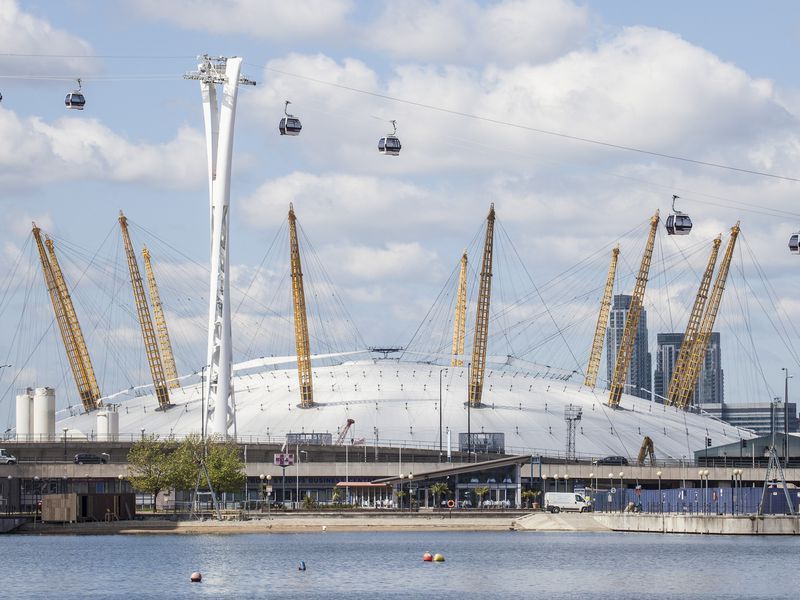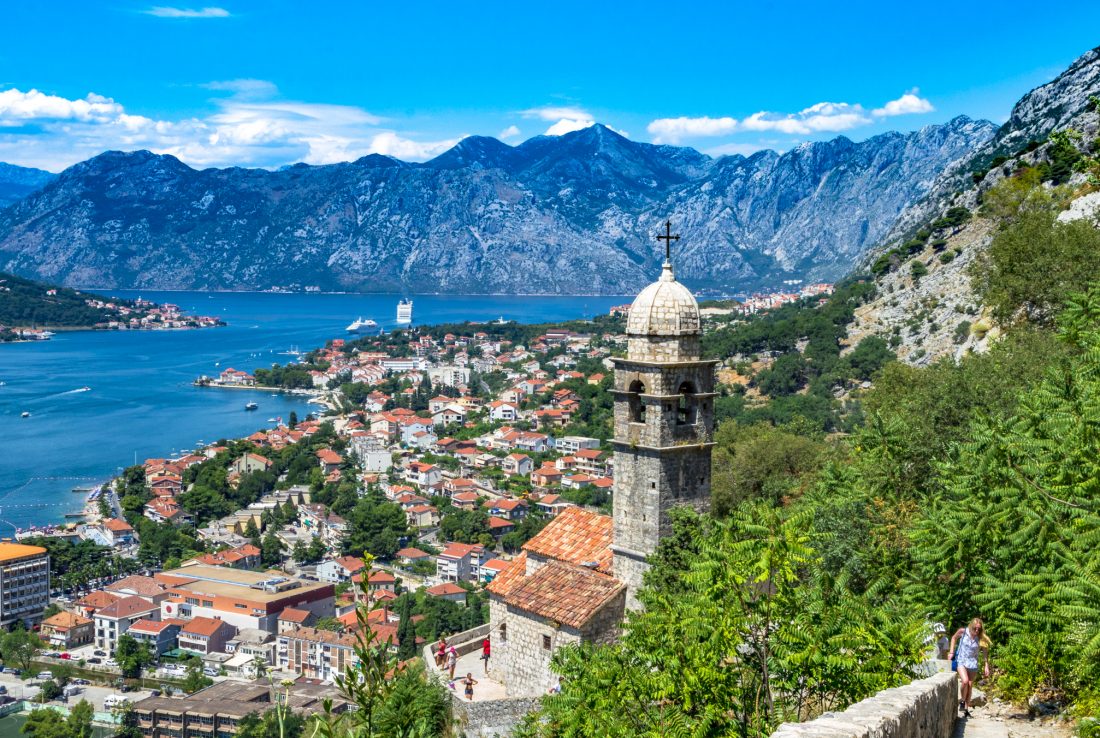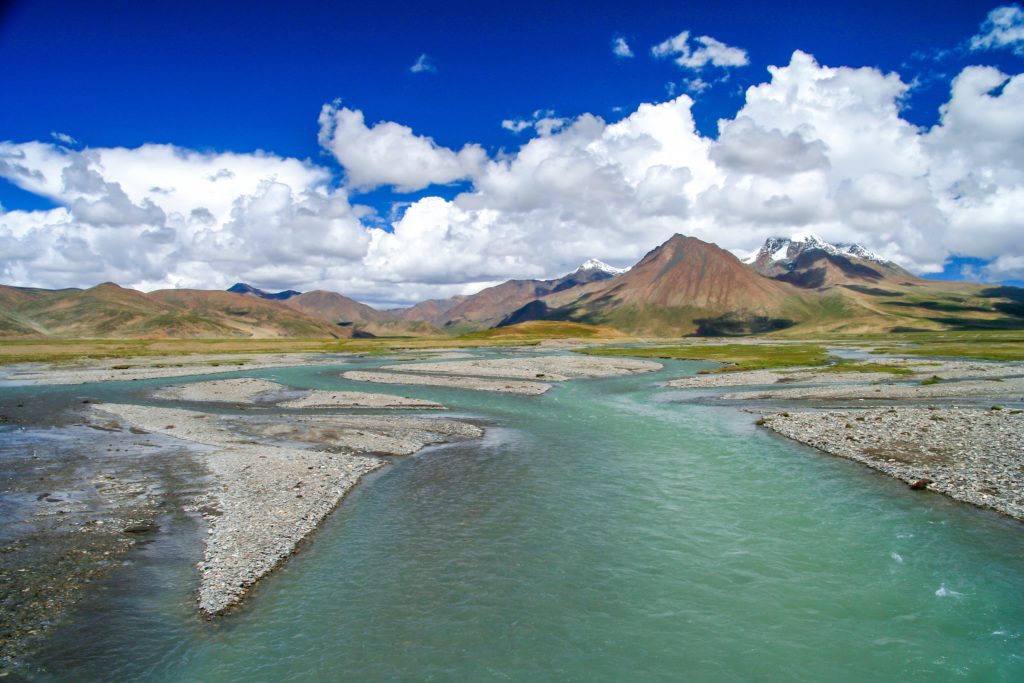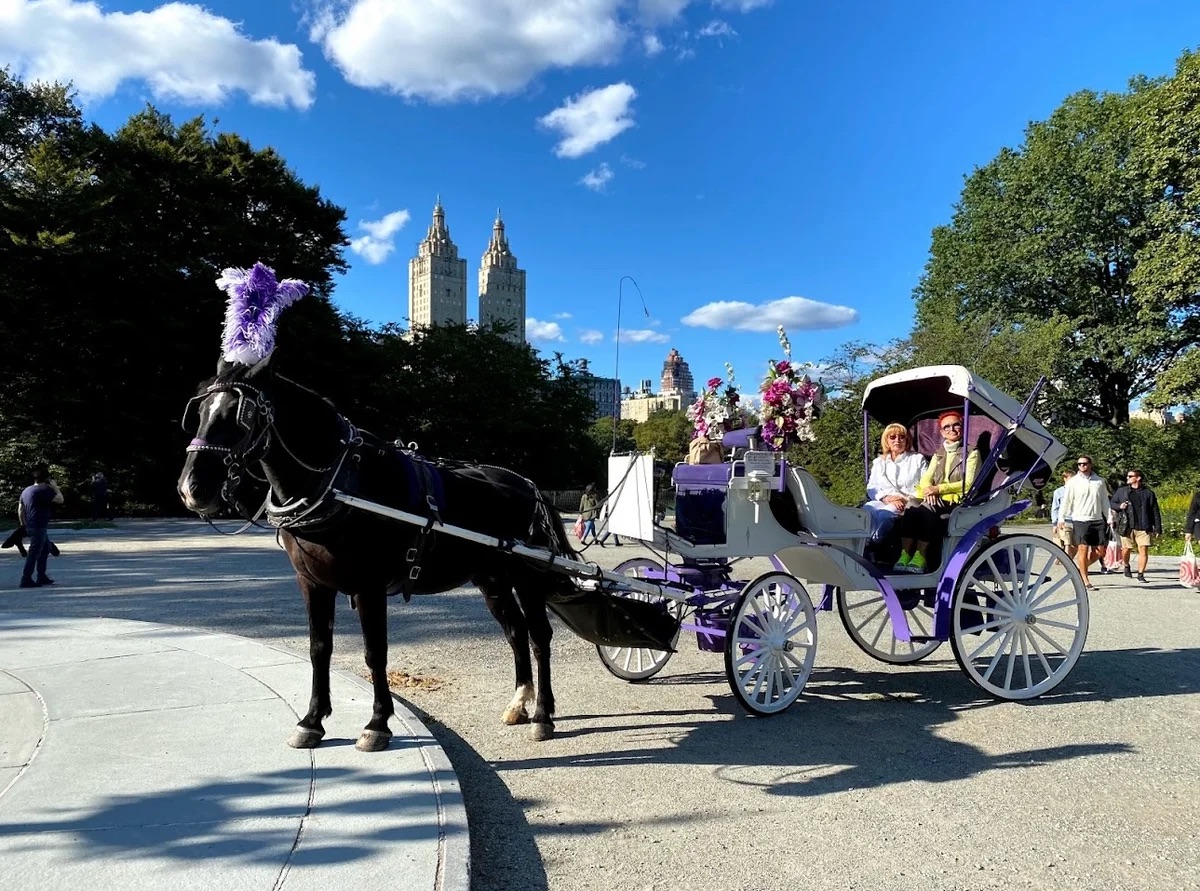Admiring London just one time should be on the check list of any traveler’s. London is an extremely popular destination that attracts millions of visitors from all over the world. The busiest times to visit London are July and August, as well as European bank holiday weekends and school breaks. If you can, try to avoid these peak periods for less crowds and better prices. If you plan to see London during Holiday Season, it’s best to avoid the main shopping streets on the weekends and the last days just before Christmas.
The largest and most famous of London’s many churches – and undoubtedly one of the most spectacular cathedral’s in the world – St. Paul’s Cathedral sits atop the site of a Roman temple. The previous church structure was destroyed in the Great Fire of 1666, and Sir Christopher Wren designed the rebuild. Today, the twin Baroque towers and magnificent 365-foot dome of St. Paul’s are a masterpiece of English architecture. If you’re up to it, be sure to walk the stairs with their spectacular views of the dome’s interior, including the Whispering Gallery.
Hampstead Heath is one of the largest parks in London, covering a massive 790 acres. It sits atop of one of the highest points in London, offering excellent views of the city from Parliament Hill. The Heath features grassy fields, wooded areas, and a number of large ponds. It is the best place to experience nature in London with plenty of wildlife around and small woods in which to get lost. There are swimming lidos for those feeling brave enough to swim outdoors in the great British weather. For history buffs, visit Kenwood House, a historical stately home that is known for its curated art collection.
Arriving in London, if you are looking for a London room to rent please check SterlingDevere room search platform.
The glass-like dome shape of this botanical garden looks like a transparent train terminal. It’s a safe haven for exquisite plants and flowers. The Royal Botanical Garden has a historic palm house that is home to its very own tropical rainforest, an 18-meter-high treetop walkway that gives visitors an experience like never before, and a charming glasshouse for alpine plants. It’s a sanctuary of green bliss and calm.
Hyde Park is situated in the heart of London and is known for its greenery, open spaces, and numerous monuments. It was opened to the public in 1637 and is the largest royal park in London. Bordering the south-west edge of the park is the Serpentine, a man-made lake. The lake flows to other parks and landmarks and is popularly used for boating and swimming (mostly by the Royal bloods). The Memorial Fountain for the late Princess of Wales (Diana), The Rose Garden, and Speakers’ Corner are also notable attractions.
The British Museum opened in 1753 and prides itself on remaining free ever since then. The British Museum houses more than an incredible 7 million objects, and it would probably take a week to see everything. Don’t be fooled into thinking the British Museum is full of artifacts from old England. No, in days gone by the English were incredible warriors and the British Museum is full of the treasures the soldiers brought back from distant shores. Those treasures include the Rosetta Stone, an Easter Island statue, and the earliest known image of Christ.



